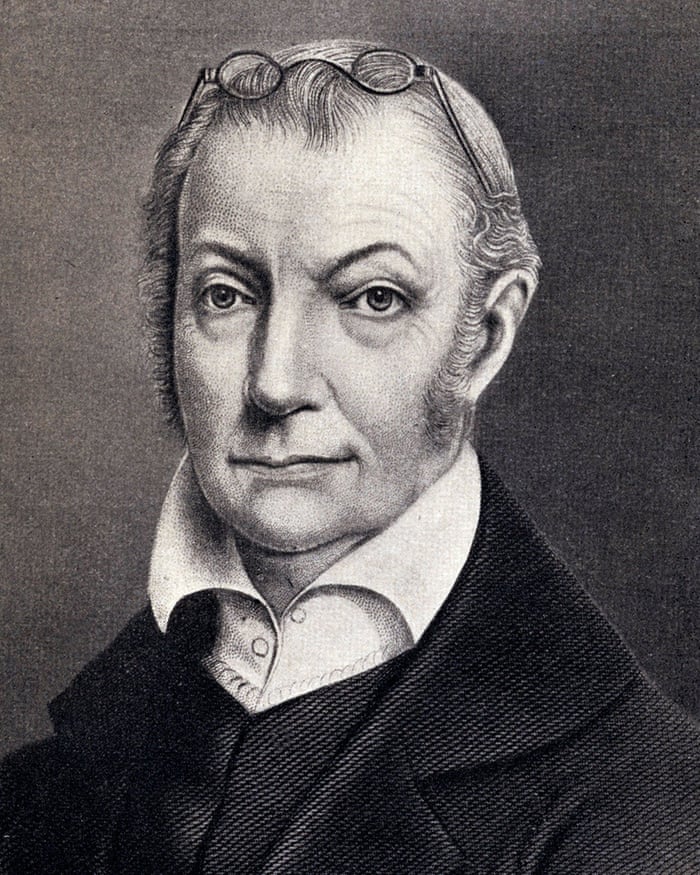This Easter was bittersweet.
Easter in a liturgical tradition like the Episcopal Church is a beautifully joyous experience – the white cloth draped over the cross, the return of “alleluias” to the liturgy, the choir singing “Chris the Lord Is Risen Today” and “Crown Him With Many Crowns” and the Hallelujah Chorus – and, well, it’s just not the same watching a livestream on TV.
In many ways, it feels like Easter hasn’t really arrived yet, like we’re still in the interminable Saturday. All of us are trapped inside, through no fault of our own, awaiting our own resurrection of sorts.
But of course Easter has arrived; it arrived 1,990 years ago, give or take a few dozen months. It’s stronger than coronavirus, stronger than stay-at-home orders, stronger than conspiracy theories, toilet paper shortages or smelling your own bad breath while your glasses fog up every time you exhale behind an ill-fitting mask.
Jesus is risen. He is risen indeed. Alleluia.
Many priests, preachers and pastors said as much last Sunday, in thousands of languages across hundreds of countries. They said it over microphones in drive-in theaters, over livestreamed feeds in empty sanctuaries, on rooftops, in truck beds, straddling road center lines.
I loved this Atlantic slideshow of Easter in an era of social distancing. I’ve pulled a few photos from it and included them with this post.
To me, they provide proof of the ultimate triumph of Easter.No matter how pulled apart we are, no matter how fallible churches and their leaders are, no matter how wrapped up in our own traditions and doctrines and comforts and certainties we are, God’s Spirit moves across the world, affirming over and over again: Jesus is alive. And so, therefore, are we. Truly alive, no matter what happens.
I wish we could have celebrated that fact in a bright room with a soaring A-frame roof, beautiful stained glass and a huge empty cross draped in white while a chorus rains down hallelujahs and we take communion as the ultimate sign of our unity with each other and with the risen Christ.
But that’s the thing about Easter: It doesn’t need our trappings.Resurrection from the dead has always required tremendous faith; if it requires a little more this year, separated as we are from the emotional props to which we are accustomed, then we are merely joining a long line of people for whom Easter has always been something to cling to rather than something to feast over.
If Saturday feels especially long and especially dark this year, Sunday is coming.
Because Christ has died. Christ is risen. Christ will come again.

 Like the rest of America, our family watched the recording of Hamilton that was recently released on Disney+. Like the rest of America, we laughed at the outrageous verbal tics of King George and Thomas Jefferson that weren’t apparent in the cast recording. Like the rest of America, we cried (again) at the death of Philip and of course Hamilton himself (spoiler alert!)
Like the rest of America, our family watched the recording of Hamilton that was recently released on Disney+. Like the rest of America, we laughed at the outrageous verbal tics of King George and Thomas Jefferson that weren’t apparent in the cast recording. Like the rest of America, we cried (again) at the death of Philip and of course Hamilton himself (spoiler alert!)


 After
After  As I mentioned in
As I mentioned in  In light of the current moment in America, where more White people than ever are recognizing what Black people have known for centuries about the nature of the nation’s stubborn acceptance of racism, I’ve been reading James Cone’s God of the Oppressed, the classic 1975 work of Black liberation theology.
In light of the current moment in America, where more White people than ever are recognizing what Black people have known for centuries about the nature of the nation’s stubborn acceptance of racism, I’ve been reading James Cone’s God of the Oppressed, the classic 1975 work of Black liberation theology.






 In recent weeks, former Bush speechwriter
In recent weeks, former Bush speechwriter  “It is worse, much worse, than you think.”
“It is worse, much worse, than you think.”